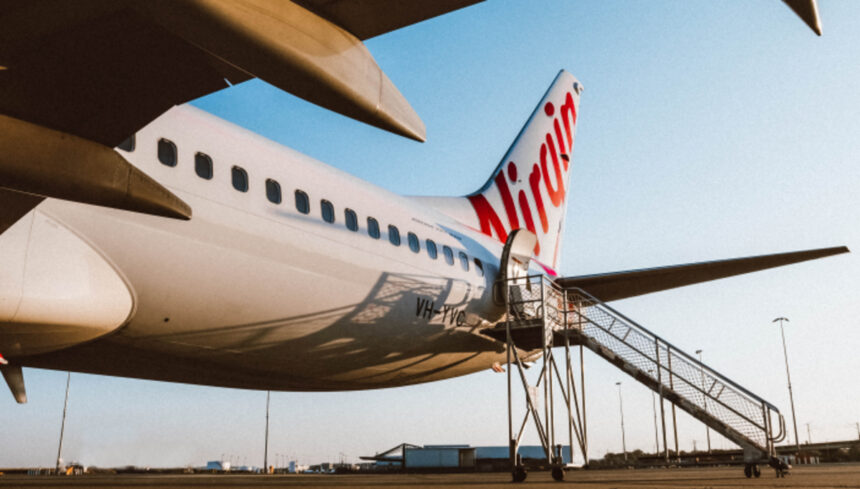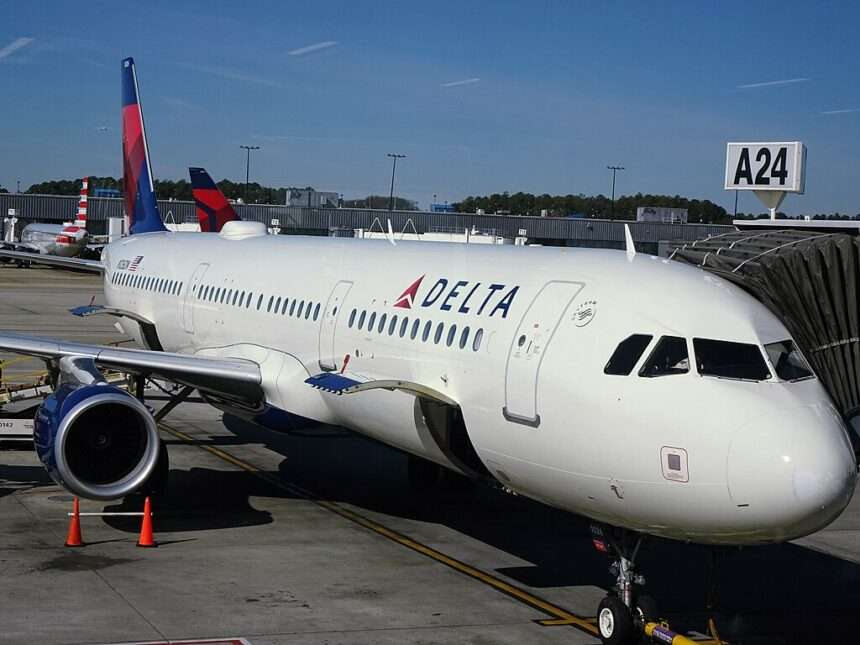Boeing’s recent troubles with the 737 MAX program extend far beyond the company itself. The grounding of the aircraft in 2019 following two fatal crashes caused significant disruption. Now, in 2024, revelations of quality control issues during 737 MAX production are sending fresh shockwaves through the global aerospace supply chain.
This article explores the ‘ripple effect’ of these occurrences. We examine the potential impact Boeing MAX issues has on various stakeholders within the complex network that brings commercial aircraft to life.
Production Lines to Empty Seats: A Breakdown in the Supply Chain
The aerospace industry relies on a vast network of suppliers, each responsible for producing specific components that eventually come together to form an airplane.
Boeing’s quality control issues have disrupted this delicate balance in several ways:
Production Slowdown: Addressing the FAA’s findings will require Boeing to re-evaluate its manufacturing processes and potentially rework existing aircraft.
This translates to production slowdowns, impacting not just Boeing’s final assembly lines but also those of its suppliers.
Parts manufacturers may face a decrease in demand, leading to production adjustments, furloughs, and potential financial strain.
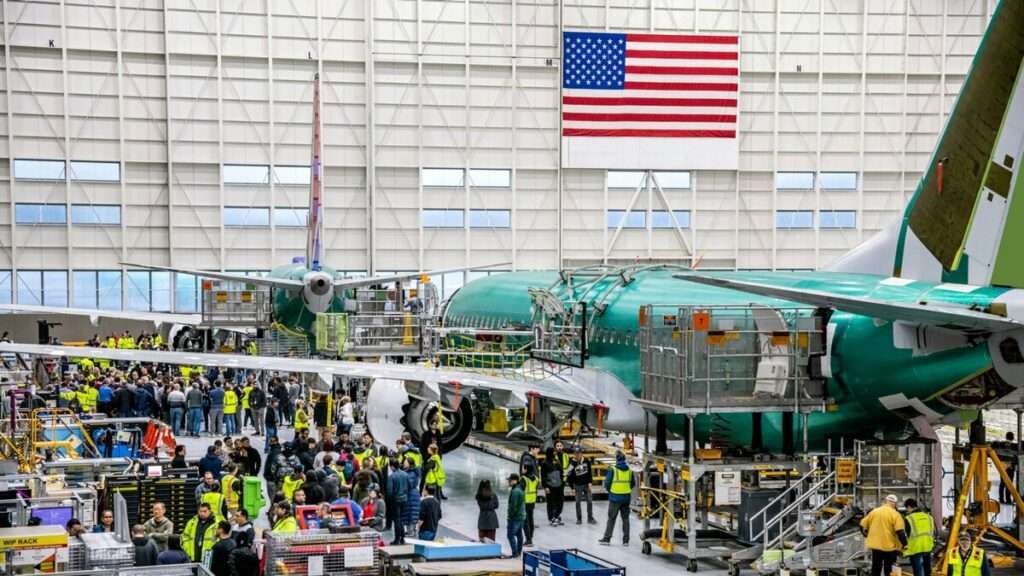
Inventory Management Challenges: With production on hold, suppliers may find themselves with excess inventory of parts specifically designed for the 737 MAX.
Storing these parts creates additional costs and logistical challenges. Alternatively, operators may need to adjust production lines to create components for other aircraft models. This may require retooling, potentially delaying deliveries to other manufacturers.
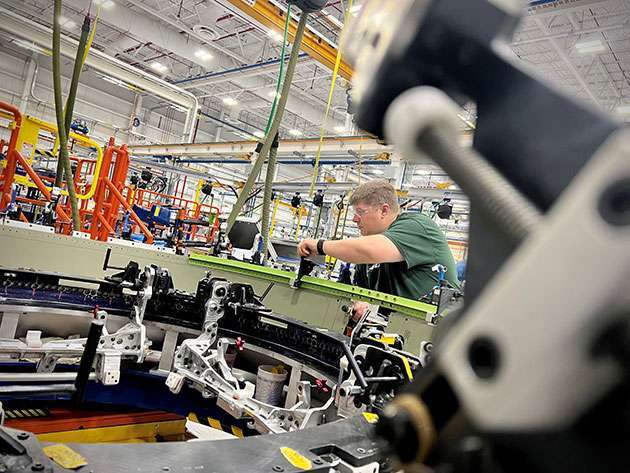
Cash Flow and Uncertainty: The overall uncertainty surrounding the 737 MAX program creates a ripple effect impacting cash flow throughout the supply chain.
Airlines may delay or cancel orders, impacting Boeing’s revenue and its ability to pay suppliers promptly.
This, in turn, can create financial strain for suppliers, jeopardizing their own operations and potentially causing delays in deliveries across the industry.
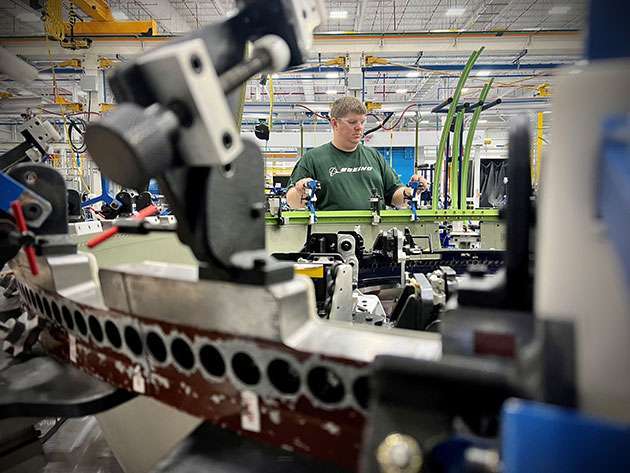
Beyond Boeing: Impact on Airlines and Passengers
The consequences extend beyond the immediate supplier network. Airlines that rely on the 737 MAX face a multitude of challenges:
Fleet Management Complications: Airlines with existing 737 MAX orders may have to adjust their fleet plans.
This could involve delaying deliveries, seeking compensation from Boeing, or even exploring alternative aircraft options from competitors like Airbus.
Increased Maintenance Costs: Delays in deliveries of new, fuel-efficient aircraft force airlines to rely on older, less efficient planes in their fleets.
This translates to higher maintenance costs and potentially higher fuel consumption, impacting profitability.
Passenger Confidence and Demand: Negative publicity surrounding the 737 MAX quality control issues can erode passenger confidence in the aircraft.
Airlines may see a decline in demand for routes operated by the 737 MAX, further impacting their bottom line.
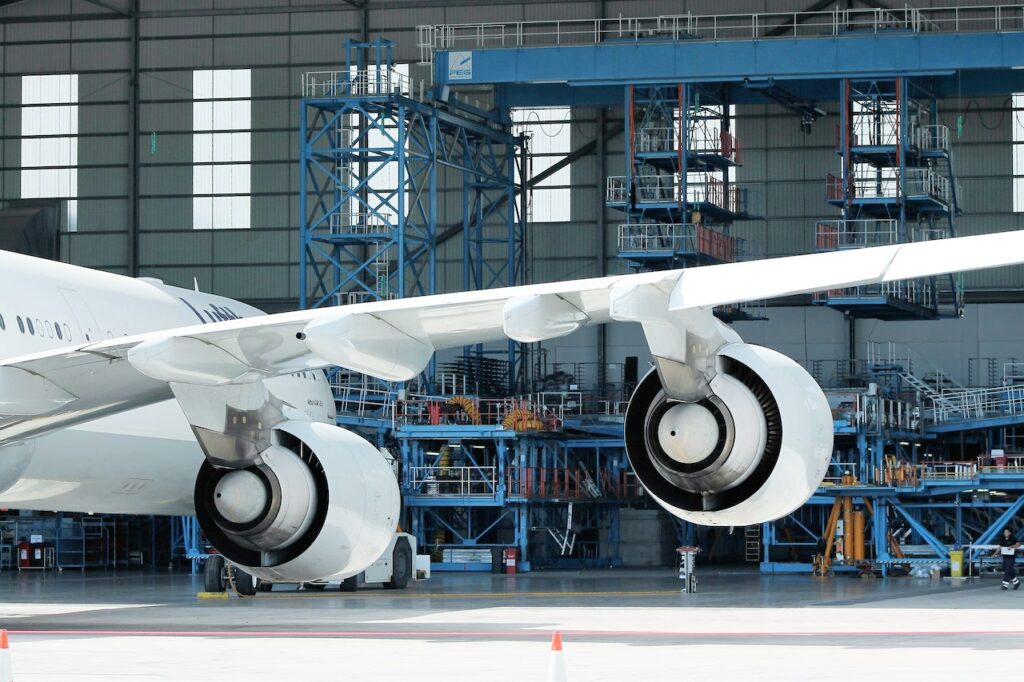
International Suppliers Feel the Pinch
The globalized nature of the aerospace industry means that Boeing’s troubles are felt worldwide.
For instance, recent reports indicate that concerns about the 737 MAX have impacted the supply of titanium. This is a crucial material used in aircraft construction.
Russia, a major supplier of titanium, faces international sanctions, and some aerospace companies, including Airbus, have expressed concerns about potential disruptions to their own production.
Looking Forward: Collaboration and Transparency
The path forward requires a collaborative effort from all stakeholders within the aerospace supply chain.
Boeing will need to work closely with its suppliers to address quality control issues swiftly and transparently.
Clear communication regarding production timelines and future plans is crucial for suppliers to manage their operations effectively.
Airlines, for their part, need to maintain open communication with passengers, addressing concerns and outlining the safety measures in place for the 737 MAX fleet.
Investing in public education and highlighting the steps taken to ensure the aircraft’s safety can help rebuild trust.
The global aerospace industry is a complex ecosystem, and Boeing MAX issues have created significant ripples throughout the supply chain.
Open communication, collaboration, and a renewed commitment to safety across all levels are essential to ensure a smooth transit for the entire industry.

Click the banner to subscribe to our weekly newsleter.

Click the photo to join our WhatsApp channel so then you can stay up to date with everything going on in the aviation industry!








